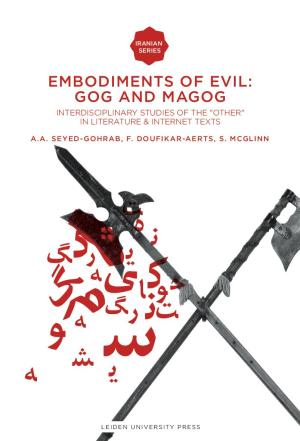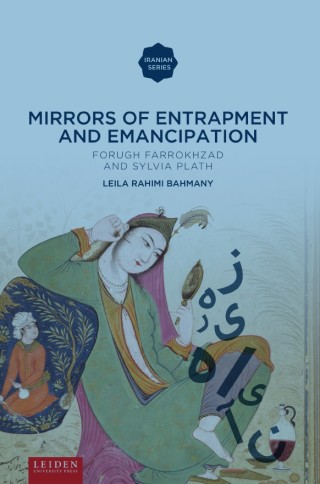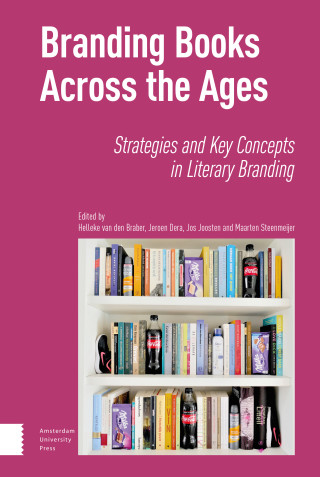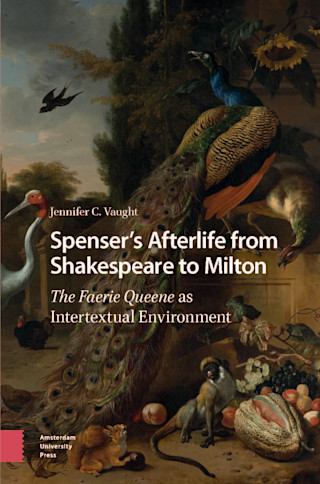Asghar Seyed-Gohrab
Asghar Seyed-Gohrab is Professor of Iranian and Persian Studies at Utrecht University in the Department of Philosophy and Religious Studies, and member of the Royal Netherlands Academy of Arts and Sciences (KNAW). He has published extensively on Persian literature, mysticism and religion. His publications range from Persian poetry to Sufism and the role of religious and mystical motifs and metaphors in Iran-Iraq war (1980-1988) and how peaceful religious injunctions are used to justify violence. Currently, he is the Principal Investigator (PI) of an ERC-Advanced Grant entitled Beyond Sharia: The Role of Sufism in Shaping Islam (www.beyondsharia.nl), examining Islamic non-conformist movements.





